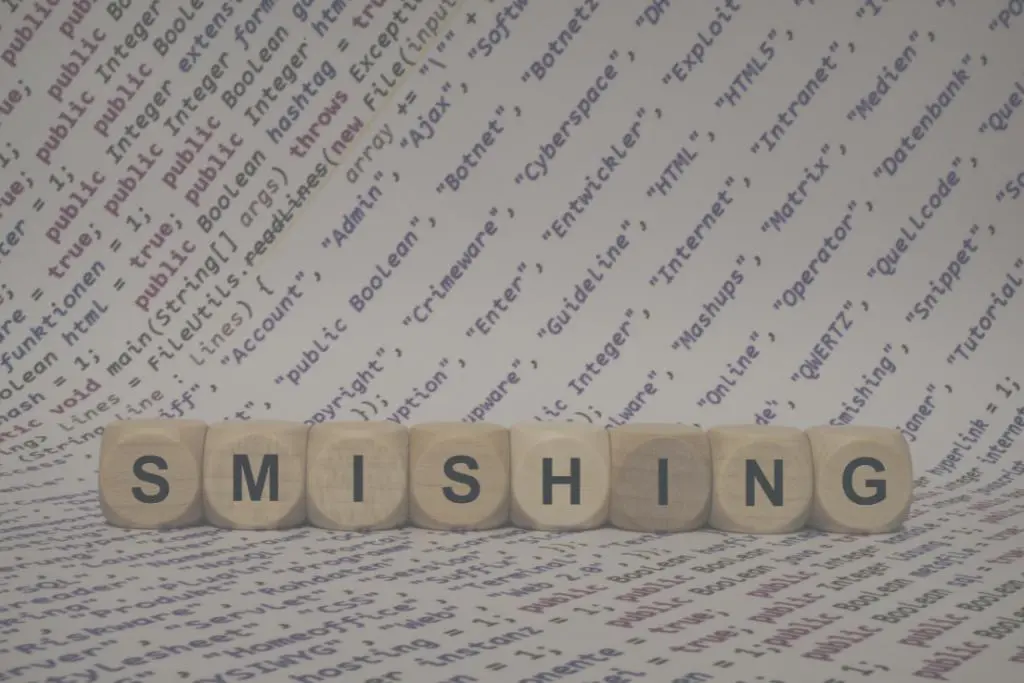Education for the future has been a crucial aspect of human development for centuries.
Over the years, the way we teach and learn has undergone significant changes, and with the dawn of the digital age, the need for innovative teaching methodologies has become more pronounced.
Education 3.0 is a term used to describe the latest phase of the education system that focuses on digital learning and innovation. In this article, we will explore what Education 3.0 is, innovative teaching methods, and future challenges.
What is education 3.0?
Education 3.0 is a term coined to describe the evolution of teaching and learning methods in the digital age.
In the past, education was about rote learning, with students expected to memorize information without necessarily understanding its relevance or practical application (known as Education 1.0).
Education 2.0 introduced the concept of interactive learning, with students engaging in more hands-on activities, but the focus was still on memorization. Education 3.0 is about personalized learning, where students are empowered to take control of their learning, aided by technology.
In this education for the future phase, students can access a wide range of resources, including videos, podcasts, and e-books, from anywhere in the world.
They can also connect with teachers and fellow students in virtual classrooms, where they can engage in discussions and collaborate on projects.
The focus is on developing critical thinking and problem-solving skills, rather than just acquiring knowledge.

Values of Education 3.0
The educational paradigm shift brought about by the ICT revolution requires a type of education that is built jointly between the parties involved based on experiences, practices, concerns, and specific needs of the participants.
In this context, a personal educational development plan is strategic to ensure success in practice.
In this dynamic, Education 3.0 is based on the following values:
- Comprehensive
- Interdisciplinary
- Promoter of cognitive skills
- Lever of collective intelligence
- Promoter of collaborative informal learning
- Accessible and sustainable.
Innovative teaching in the education 3.0
The 3.0 methodologies we will discuss in the following points do not aim to replace teachers but to support them in actively participating in the evolution of education.
STEAM Learning
STEAM, an acronym for Science, Technology, Engineering, Arts, and Mathematics, is a methodology that focuses on solving practical problems using acquired knowledge.
Its classroom implementation improves technical and soft skills, such as creativity, teamwork, and active listening.
This way, links are created between technology and creativity using tools such as gamification, robotics, internet access, and other ICT devices.
It is a cross-curricular learning approach that proposes working cooperatively towards common goals in different disciplines, providing an integrated view of the educational reality beyond the individual analysis of a specific subject or program.
This process involves teamwork among different teachers who enrich their educational curricula.
Subscribe today to SMOWL’s weekly newsletter!
Discover the latest trends in eLearning, technology, and innovation, alongside experts in assessment and talent management. Stay informed about industry updates and get the information you need.
Simply fill out the form and stay up-to-date with everything relevant in our field.
Immersive Virtual Learning
This type of learning facilitates the application and development of students’ skills in simulated environments with the help of virtual reality, augmented reality in real environments, or mobile devices.
Students are involved both visually and mentally and physically in the scenarios proposed throughout the practice, where they collect data, make decisions, and execute actions focused on achieving pre-established goals.
Immersive learning reduces concentration obstacles, personalizes teaching, and reinforces knowledge retention.

Adaptive Learning
Adaptive learning responds to the needs of each student individually and is based on the analysis of data resulting from their successes and mistakes to adapt learning in real-time.
In this sense, Learning Management Systems (LMS) and interactive digital textbooks are two tools that allow for the successful application of this methodology.
Flipped classroom
A flipped classroom involves reversing the traditional roles of classwork and homework. Students watch videos or read materials at home and come to class prepared to discuss and apply what they learned.
This method promotes active learning and allows teachers to engage students in higher-order thinking skills.
Project-based learning
This approach allows students to collaborate, investigate, and solve real-world problems while developing critical thinking, problem-solving, and communication skills.
It promotes student engagement and motivation and fosters a sense of ownership and responsibility for their learning.

Challenges for the education of the future
At this point, it is necessary to point out the 2 significant challenges that education for the future or education 3.0 face in the information society.
Information management
One of the most important challenges is selecting and filtering information to avoid information overload.
In this context, the figure of the content curator plays a crucial role. Their role focuses on detecting, organizing, and sharing online content that best responds to a particular theme.
Remote supervision
Given that education 3.0 uses virtuality in multiple contexts, which must also be parameterized, proctoring solutions are a tool that reinforces the methodologies used by allowing remote supervision with all the guarantees for your students.
Precisely because of our involvement in educational and training innovation, at Smowltech, we have developed proctoring products that respond to the growing needs of education in the future.
Request a free demo, and we will explain how to create secure environments for your exams and share other effective monitoring solutions with you.
Download now!
8 interesting
facts
about proctoring
Discover everything you need about online proctoring in this book to know how to choose the best software.
Fill out the form and download the guide now.
And subscribe to the weekly SMOWL newsletter to get exclusive offers and promotions.
You will discover all the trends in eLearning, technology, innovation, and proctoring at the hands of evaluation and talent management experts.



